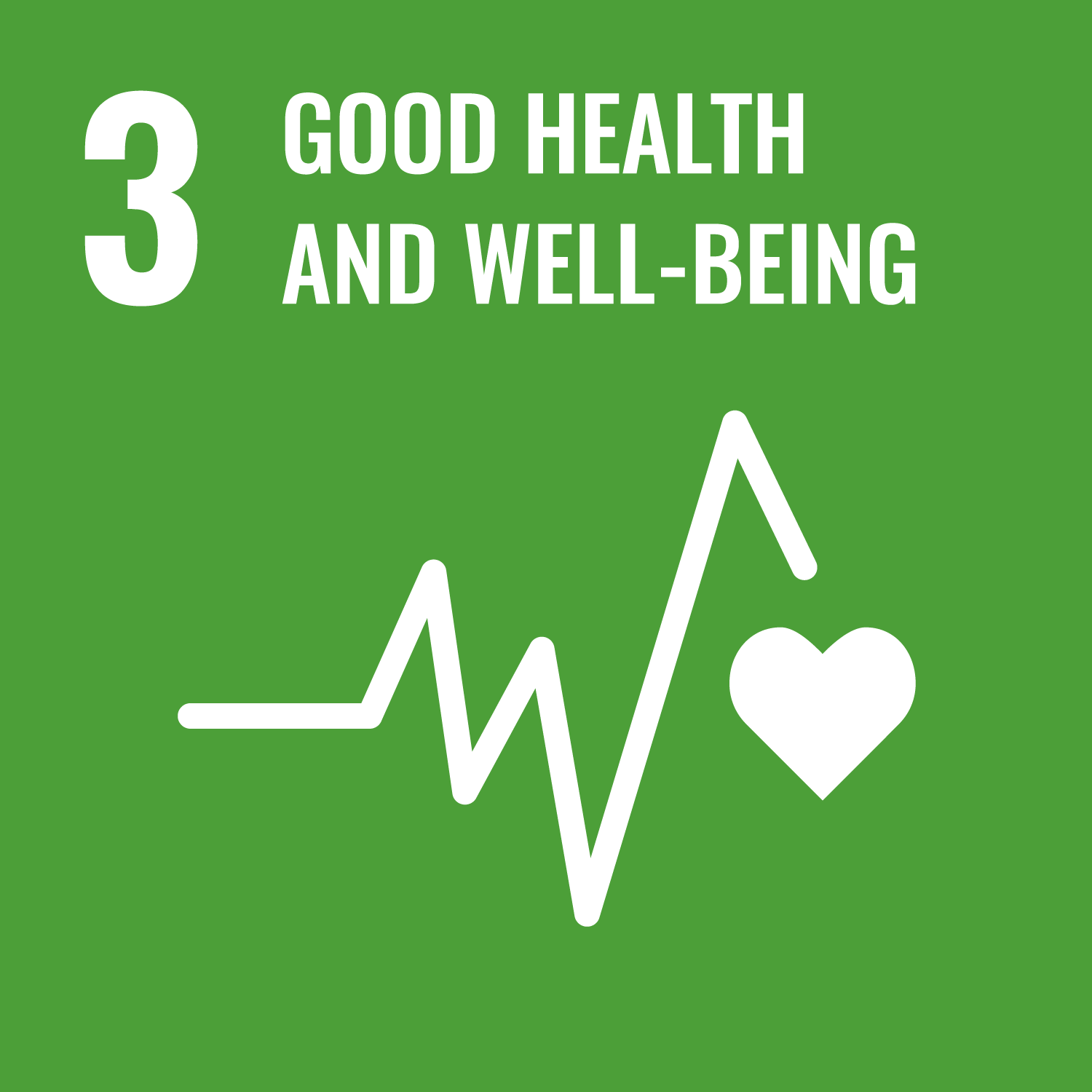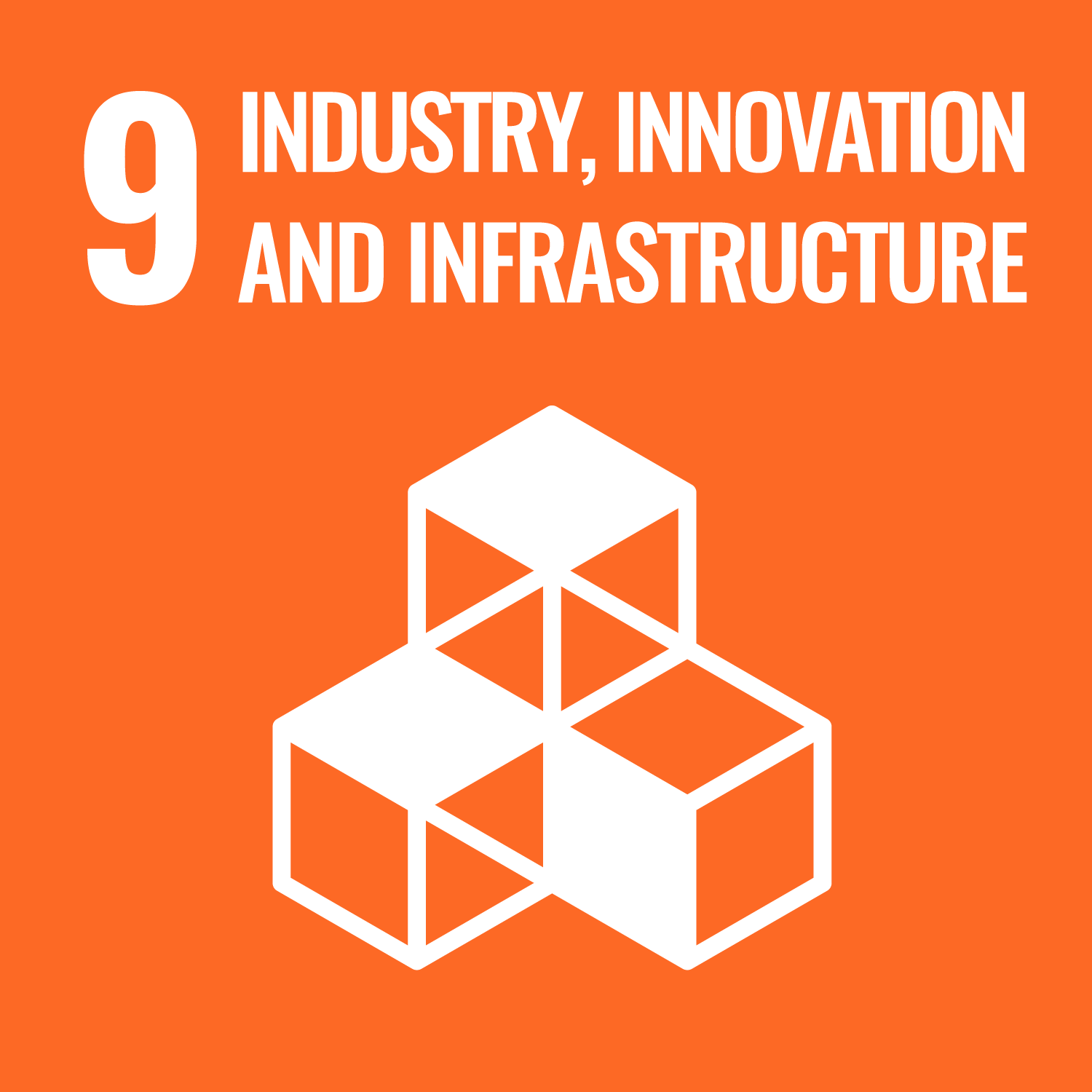Harmonized Digital Health Transformation: A Pilot Initiative in Luanda's Healthcare System
Aligned SDGs



- Harmonized Digital Health Transformation: A Pilot Initiative in Luanda's Healthcare System
- General overview
- Intervention
- Location
- Last data update
- Spreadsheet of data
- Harmonized Digital Health Transformation: A Pilot Initiative in Luanda's Healthcare System
- General overview
- Intervention
- Location
- Last data update
- Spreadsheet of data
General overview
Stage of development: Early stage
Policy sectors: Health
Type of instrument: Outcomes Fund / Technical Assistance and Market-building program (Must involve dedicated grant resources)
Delivery locations: Angola
Intervention
Social or environmental challenge
Despite investment by government and others in the hospital sector, there are high implementation costs, inconsistency in quality standards, a lack of coordination by health professionals and resistance from service providers. The proposed Digital Health Platform (DHP) directly addresses these inefficiencies. The adoption of open-source software will mitigate high expenses by introducing a system that can be scaled and customized according to the realities of the hospitals. By prioritizing low bandwidth usage, the project caters to areas with poor internet infrastructure. The establishment of a Community of Practice offers sustained support, promoting collaboration and ensuring continual improvements. The DHP's modular nature promotes customization, shifting from a disease-specific paradigm to a holistic, person-centered approach, enhancing the user experience and its integration with primary health care units will allow for greater coordination and referral management. Through documentation and the development of manuals, the market will be able to replicate this in Angola.
Description of the intervention
WHO and the Ministry of Health aim to implement a Digital Health Platform (DHP) aimed at harmonizing digitization in healthcare services, emphasizing a quality-of-care approach to hospital services and establishing national standard guidelines on the digitization of quality of care. The project is designed to be piloted in a small hospital in Luanda, Angola and will be documented academically by the Private University of Angola.
The DHP is a facility-wide end-to-end digital solution that enables users to collect, analyze and interpret clinical information. The platform can be manipulated to fit the hospital across different service delivery levels. The platform has several modules that enable users to easily enter, retrieve and analyze data.
The project also includes the development of manuals and guidelines allowing any stakeholder to effectively replicate the DHP thus improving its scalability and its importance. A similar platform has been developed by WHOâs regional office and this project would be guided by its implementation.
It is an opportunity to modernize healthcare in Angola, with a view to seeking additional funding to scale the project if successful. The collaboration and focus on open-source solutions and community-driven support make it a viable and promising initiative for the Angolan healthcare system.
Location
Country:
- Angola
Locality:
- Angola
Last data update
Data for this pipeline project was last updated in August 2023
You might have noticed that some pipeline projects have more data than others. This is because organisations can share as much data as they want with the INDIGO initiative. If you have more data on one of these pipeline projects and would like to share with us, please get in touch at indigo@bsg.ox.ac.uk. Our full list of variables and data definitions can be found here.
Spreadsheet of data
Important Notice and Disclaimer on INDIGO Data
INDIGO data are shared for research and policy analysis purposes. INDIGO data can be used to support a range of insights, for example, to understand the social outcomes that projects aim to improve, the network of organisations across projects, trends, scales, timelines and summary information. The collaborative system by which we collect, process, and share data is designed to advance data-sharing norms, harmonise data definitions and improve data use. These data are NOT shared for auditing, investment, or legal purposes. Please independently verify any data that you might use in decision making. We provide no guarantees or assurances as to the quality of these data. Data may be inaccurate, incomplete, inconsistent, and/or not current for various reasons: INDIGO is a collaborative and iterative initiative that mostly relies on projects all over the world volunteering to share their data. We have a system for processing information and try to attribute data to named sources, but we do not audit, cross-check, or verify all information provided to us. It takes time and resources to share data, which may not have been included in a project’s budget. Many of the projects are ongoing and timely updates may not be available. Different people may have different interpretations of data items and definitions. Even when data are high quality, interpretation or generalisation to different contexts may not be possible and/or requires additional information and/or expertise. Help us improve our data quality: email us at indigo@bsg.ox.ac.uk if you have data on new projects, changes or performance updates on current projects, clarifications or corrections on our data, and/or confidentiality or sensitivity notices. Please also give input via the INDIGO Data Definitions Improvement Tool and INDIGO Feedback Questionnaire.